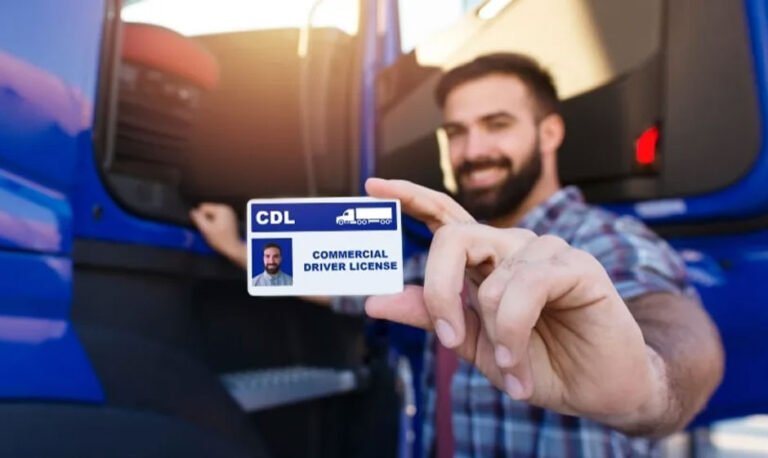Driving professionally demands adherence to stringent rules and regulations, especially when it comes to maintaining a Commercial Driver’s License (CDL). This critical license grants individuals the ability to operate large vehicles such as semi trucks, buses, and tractor-trailers. Understanding the actions that could lead to the revocation of a CDL is crucial for drivers to safeguard their livelihoods and ensure the safety of all users of the road.
What is a CDL?
Commercial Driver’s License (CDL) is a permit required to operate heavy commercial vehicles that are typically used to deliver goods or transport a large number of people. It distinguishes drivers qualified to maneuver these heavy vehicles due to their specialized training and expertise.
Importance of a Commercial Driver’s License
The CDL is not just a permit; it’s a gateway to employment and a testament to a driver’s competence. It allows individuals to pursue careers in transportation, opening doors to various industries dependent on efficient goods movement.
Violations Leading to CDL Revocation
CDL holders are held to a higher standard than regular driver’s licenses are accustomed to. There are various violations that can lead to a temporary or permanent suspension of a CDL.
Driving Under the Influence (DUI)
One of the gravest violations for any driver, DUI, has severe implications for CDL holders. Even a single offense of operating a commercial vehicle under the influence of alcohol or drugs can result in immediate revocation.
Reckless Driving Offenses
Engaging in reckless driving behaviors, endangering public safety, can lead to a CDL revocation. Speeding, tailgating, or performing dangerous maneuvers on the road are examples of such actions.
Traffic Violations & Point Accumulation
Accumulating points due to frequent traffic violations can result in a suspended or revoked CDL. These infractions include but are not limited to speeding, running red lights, or failing to yield.
Failure to Report an Accident
Failing to report an accident, especially when it involves a commercial vehicle, can be grounds for CDL revocation. Many states view hit-and-runs as a “serious” traffic violation that can lead to revocation. Honesty and prompt reporting are integral responsibilities of a CDL holder.
Criminal Offenses Impacting CDL
Felony Convictions
Being convicted of certain felonies can lead to the revocation of a CDL. Felonies related to vehicle theft, manslaughter, or drug trafficking are serious offenses that can jeopardize a driver’s CDL status.
Drug-Related Offenses
Drug-related offenses, including possession or trafficking, pose a significant threat to a CDL. These violations not only violate the law but also compromise safety on the roads.
Physical Health Issues Affecting CDL
Vision Problems
Maintaining adequate vision standards is crucial for CDL holders. Vision impairments that cannot be corrected with lenses may lead to CDL revocation.
Seizures and Other Medical Conditions
Medical conditions like seizures that can impair a driver’s ability to safely operate a commercial vehicle might result in CDL revocation.
Conclusion
The responsibility of holding a CDL extends beyond merely driving—it encompasses a commitment to safety and adherence to regulations. Understanding the actions that can lead to the revocation of a CDL is pivotal for drivers to maintain their licenses and ensure the safety of themselves and others on the road. If you were injured in an accident by a negligent driver, a San Antonio truck accident lawyer from Maloney and Campolo can help you hold the driver accountable.


